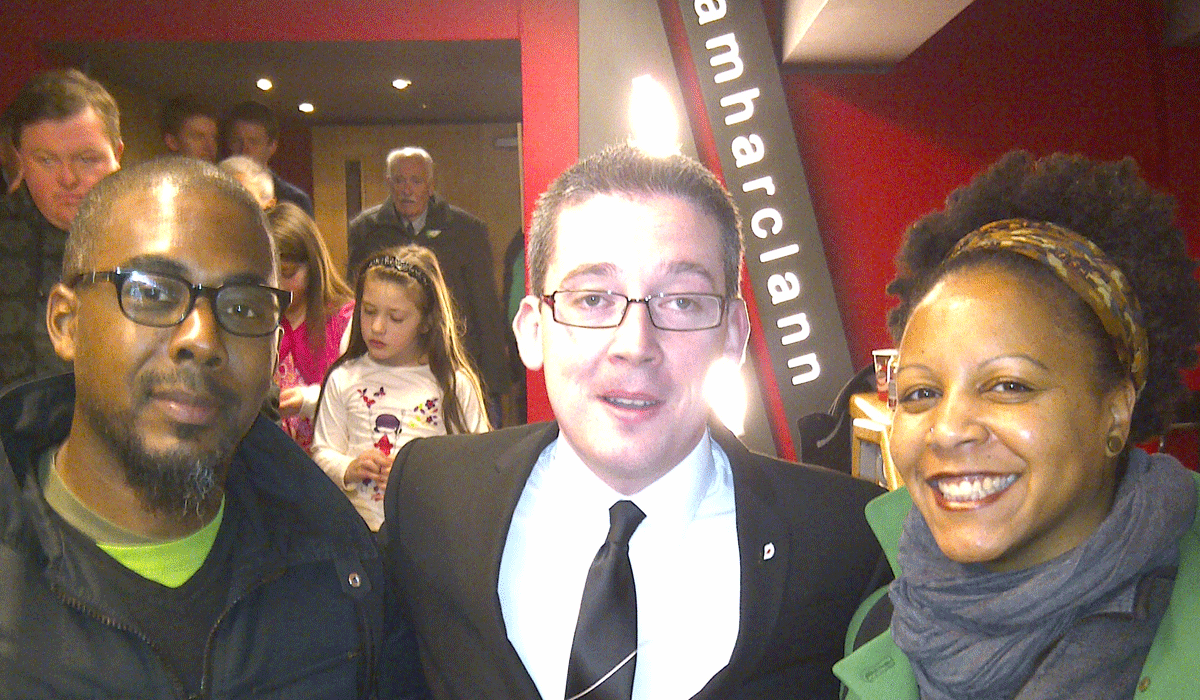If a book can be a lifeline then the greatest book about addiction and its crushing effect on families must be Breaking Night, an unforgettable memoir of life in a Bronx home where both parents are hopeless crack addicts.
But more than a harrowing description of how our children suffer torment, humiliation and, yes, hunger in homes where alcohol or drugs are the parental priority, Breaking Night is also a celebration of survival.
In Liz’s case, salvation came through education – she holed up in stairwells to study her books overnight and slept on the subway, meeting commuters going to work in the morning as the night broke into a new day – and a newspaper: she won a New York Times scholarship to Harvard while homeless.
“I grew up like most people did with a family surrounding me in a home filled with love,” Liz says in a video you can see on the amazon.com site. “It just so happened that mum and dad were addicted to cocaine and heroin and my mum was an alcoholic and we had drug addiction like a wrecking ball tearing through our family.”
Of course, you don’t need to travel 3,000 miles to witness the misery of drug and alcohol addiction and how it crushes children.
As the Hidden Harm campaign being championed by the Falls Community Council this month tells us, there is most likely a child in your own neighbourhood who is enduring the pain of being brought up by parents who are addicts.
The good news is that help is at hand. The Hidden Harm campaign calls on the community to embrace those living under the shadow of addiction to reach out the helping hand to those young people caught in this addiction nightmare.
You can find out more about the Hidden Harm campaign and public meetings planned for west and North Belfast at www.facebook.com/hidden harm.
JUST when I was starting to come to terms with forgiving the Stormont regime for forcing our elders to the back of the bus, I’m informed that there are crimes for which they have yet to be indicted... until now.
At the weekend, I’d the good fortune to welcome visiting New York dons Sam Roberts and Christina Greer to Belfast. Sam is an expert in health matters, especially as they impact on African-American communities, Christina a politics professor.
After the Milltown Easter commemoration on Sunday, I diverted them to a quick visit to our family grave where my grandmother Annie McKeown who died of TB is buried. She passed away in January 1949 after a ten-year battle with the contagious infection, just, in fact, as a cure was being rolled out.
My mother spent the years 1940 to 1942 with her three siblings in the sanitorium at Whiteabbey. She was ten when she went in, her baby sister, Anne, just three. They were educated in a hospital school – which was ahead of its time in catering for Protestants and Catholics alike. The pupils had either contracted TB or were felt to be at risk of succumbing to the disease.
Their mother was in and out of hospital for much of the war years, being returned, as it turned out, permanently in 1946. Children under 14 were forbidden to visit TB patients so for the last three years of her life, Annie McKeown didn’t see her youngest: Anne and Anthony.
On her deathbed, she begged the hospital authorities to let her see her youngest children and, the Saturday before she passed away, they relented.
My mum recalls that it was a difficult encounter for the children, especially for Anne, who was introduced to a woman she barely recognised. My aunt Anne went to her own reward last May and is buried above Ballycastle.
For years, I had always thought of TB as an equal-opportunity disease, hitting all sectors of society without fear or favour. Indeed, sometimes TB is thought of as a romantic disease because it afflicted so many poets. But it was neither romantic or equitable.
Sam was able to put me right on that. Turns out TB, passed by coughing sufferers, affected the working class poor disproportionately. It cut a swathe through the overcrowded two-up-two-downs of Belfast and the tenements of New York alike.
And Sam knows that of which he speaks. His book,
Infectious Fear, catalogues how TB ravaged black America in the first half of the 20th century, feeding on the segregated slum dwellings of America’s big cities.
Let the charge book show that Big House Unionism has more crimes to answer for – in this case, as in many others, its depredations hurting Protestant and Catholic working class families with equal ferocity.
FINALLY, I’ll be in New York on Thursday evening at the Irish Small Business 50 hosted by our sister paper the Irish Echo. New York is an apt place to be on the weekend marking 100 years since the Titanic went down. Providing I get there.






